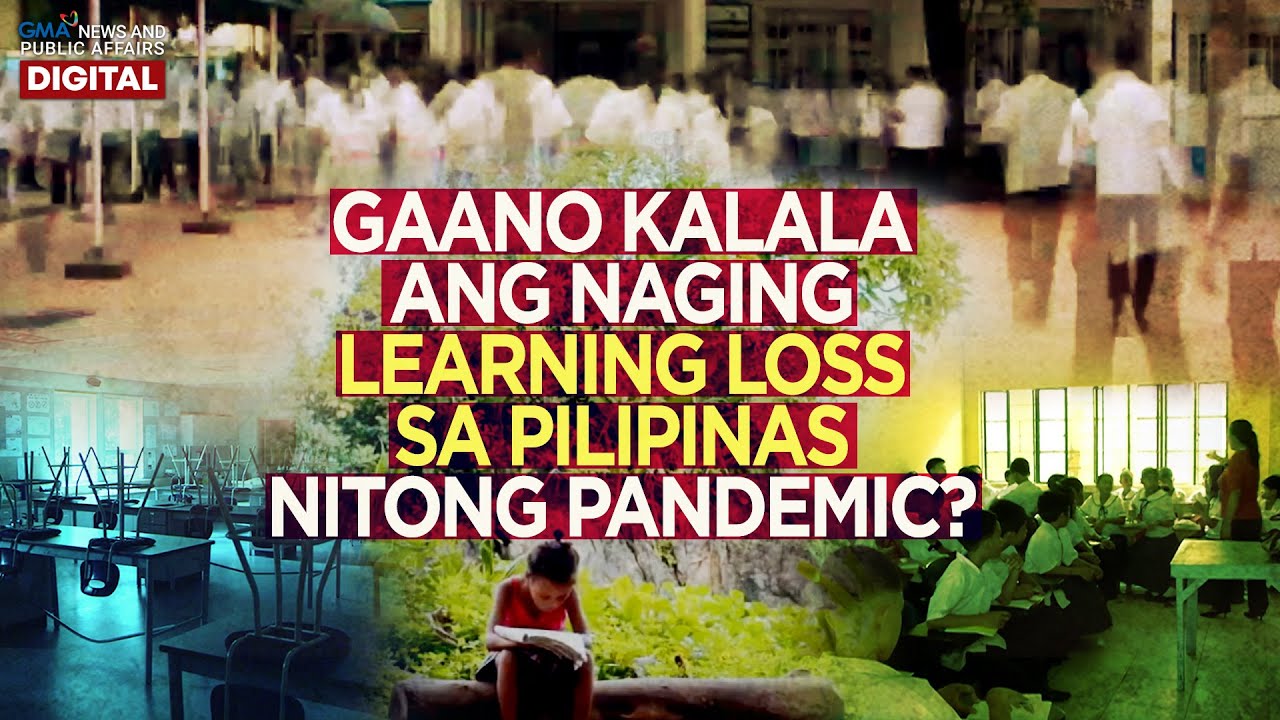Bakit maraming Pinoy ang hirap humingi ng tulong para sa mental health? | Need to Know
Summary
TLDRThe video script highlights the alarming state of mental health in the Philippines, with 3.6 million affected by mental and neurological disorders. It discusses the prevalence of conditions like anxiety, depression, and schizophrenia, and emphasizes the importance of addressing mental health as a societal issue. The script calls for increased awareness, the reduction of stigma, and the need for systemic support, including training for community workers and accessible mental health services. It also underscores the role of traditional healers and the significance of individual and community involvement in promoting mental well-being.
Takeaways
- 😔 Mental health is a significant issue in the Philippines, with 3.6 million Filipinos suffering from mental and neurological disorders.
- 📈 There are approximately 88 mental health cases per 100,000 Filipinos, highlighting the prevalence of mental health problems in the country.
- 🧐 Common mental health disorders include anxiety, depression, paranoia, bipolar disorder, schizophrenia, and obsessive-compulsive disorder (OCD).
- 🔍 A survey by OCTA Research in March 2021 revealed that 28 percent of Filipinos reported emotional problems, with stress being a major factor.
- 🤔 Systematic reviews in psychiatry and psychiatric epidemiology suggest that there are barriers to seeking help for mental health issues, including stigma.
- 😥 The stigma associated with mental health in the Philippines can lead to victim-blaming and a reluctance to seek help, exacerbating the problem.
- 🌐 Cultural traits, behaviors, and beliefs contribute to the systemic problem of mental health, with unhealthy coping mechanisms being deeply ingrained.
- 🙏 The role of traditional healers or 'albulario' in the Philippines is acknowledged, but there is a call to understand mental health as an issue of well-being beyond just spirituality.
- 👂 Listening and providing support without judgment is emphasized as a crucial part of helping individuals with mental health issues.
- 📞 The National Center for Mental Health reported a high volume of calls to their mental health hotline, indicating a need for accessible mental health support.
- 🏥 There is a systemic failure in implementing the Mental Health Act in the Philippines, with a lack of funding and resources for training and support.
- 💰 The need for increased funding is highlighted for training youth leaders, school organization leaders, community workers, and health workers to provide support in mental health care.
Q & A
What is the estimated number of Filipinos affected by mental and neurological disorders?
-Approximately 3.6 million Filipinos are affected by mental and neurological disorders.
How many mental health cases were reported in a survey conducted by OCTA Research in March 2021?
-The survey reported 88 mental health cases.
What are some of the common mental health problems and disorders mentioned in the script?
-The script mentions anxiety disorders, depression, paranoia, bipolar disorder, schizophrenia, obsessive-compulsive disorder (OCD), behavioral and emotional disorders, post-traumatic stress disorder, eating disorders, and psychosis.
What percentage of the population was reported to have emotional problems according to the OCTA Research survey?
-The survey reported that 28 percent of the population has emotional problems.
What is the significance of the term 'systematic review' in the context of the script?
-The term 'systematic review' refers to a method of research that is used to identify, select, assess, and synthesize all high-quality evidence relevant to a specific research question, which in this case is related to mental health.
Why is there a stigma associated with mental health in the Philippines according to the script?
-The stigma is associated with mental health due to cultural traits, behaviors, and beliefs that consider mental health issues as a personal weakness or something to be ashamed of, leading to victim-blaming and a lack of support.
What is the role of traditional healers or 'albulario' in the context of mental health in the Philippines?
-The role of traditional healers is not to negate but to understand that they can contribute to a person's mental health situation, especially in areas where modern mental health services are limited or inaccessible.
What is the importance of listening when someone is sharing their mental health struggles?
-Listening is crucial as it provides a safe space for individuals to express their feelings and experiences without judgment. It allows for empathy and understanding, which can be therapeutic and supportive.
What is the current state of mental health facilities and professionals in the Philippines based on the latest data from the Department of Health (DOH) and WHO?
-The occupancy rate of mental health centers, especially in the national capital region and major cities, is high. There is a shortage of psychiatrists, with only three to five percent coverage per 100,000 population, indicating a significant gap in mental health services.
What is the role of the National Center for Mental Health in providing support during the crisis?
-The National Center for Mental Health operates a mental health hotline that received 10,544 calls between January and July 2021, providing an essential service for those in need of immediate support and guidance.
What steps are suggested in the script to improve mental health awareness and support in the Philippines?
-The script suggests large-scale training for youth leaders, school organization leaders, community workers, and community health workers to provide support when professionals are overwhelmed. It also emphasizes the need for societal and community involvement in building an accepting and helpful environment for mental health.
Outlines

This section is available to paid users only. Please upgrade to access this part.
Upgrade NowMindmap

This section is available to paid users only. Please upgrade to access this part.
Upgrade NowKeywords

This section is available to paid users only. Please upgrade to access this part.
Upgrade NowHighlights

This section is available to paid users only. Please upgrade to access this part.
Upgrade NowTranscripts

This section is available to paid users only. Please upgrade to access this part.
Upgrade NowBrowse More Related Video

Gaano kalala ang naging learning loss sa Pilipinas nitong pandemic? | Need To Know

Ano nga ba ang "Mental Health"? (with psychologist Carl Lorenz Cervantes)

Kapuso Mo, Jessica Soho: Babae sa Camarines Sur, ikinulong sa loob ng walong taon

How the UK's Mental Health Crisis is Hurting the Economy

Fractured (full documentary) | FRONTLINE + @WFAENews + @FirelightMediaNYC

Antes que você adoeça, EPIs da Saúde Mental | Izabella Camargo | TEDxSaoPaulo
5.0 / 5 (0 votes)